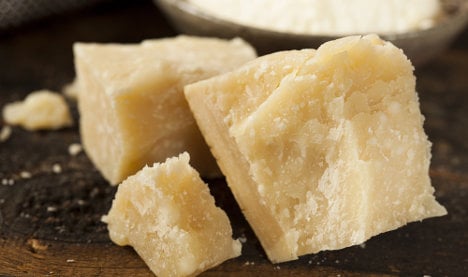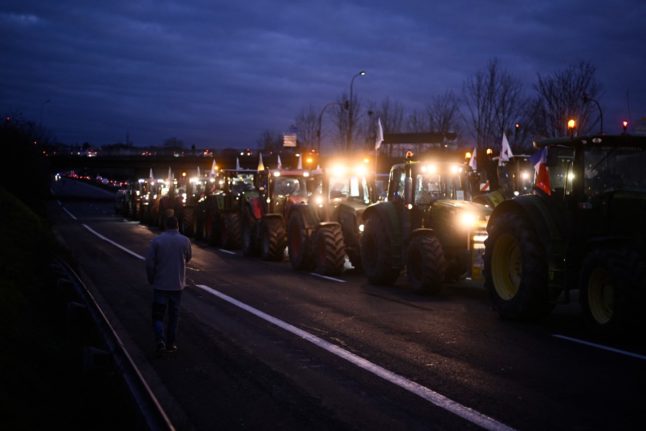Global cheese and dairy exports rose about five percent compared to 2013, despite an almost halving in shipments to Russia due to the crisis in Ukraine, and declines in exports to the US as a result of euro strength last year, ISMEA said in a statement this week.
While Italy’s economy shrank for a third year running in 2014, the increase in cheese and dairy exports mirrors a rise in Italian wine sales last year to record levels, which farming association Coldiretti has attributed to strong exports.
Among major export destinations, demand for parmesan was especially robust in Britain, and appetite for gorgonzola grew significantly in the Netherlands and Britain, ISMEA said. Exports of fresh cheeses grew mainly towards Germany and France.
Eastern European countries appear to be acquiring a taste for Italian dairy as well, with export volumes to Poland and Romania up 18 and 22 percent respectively. Demand from China, Korea and the United Arab Emirates rose significantly, though these are still relatively small markets, ISMEA said.
By Catherine Hornby



 Please whitelist us to continue reading.
Please whitelist us to continue reading.
Member comments